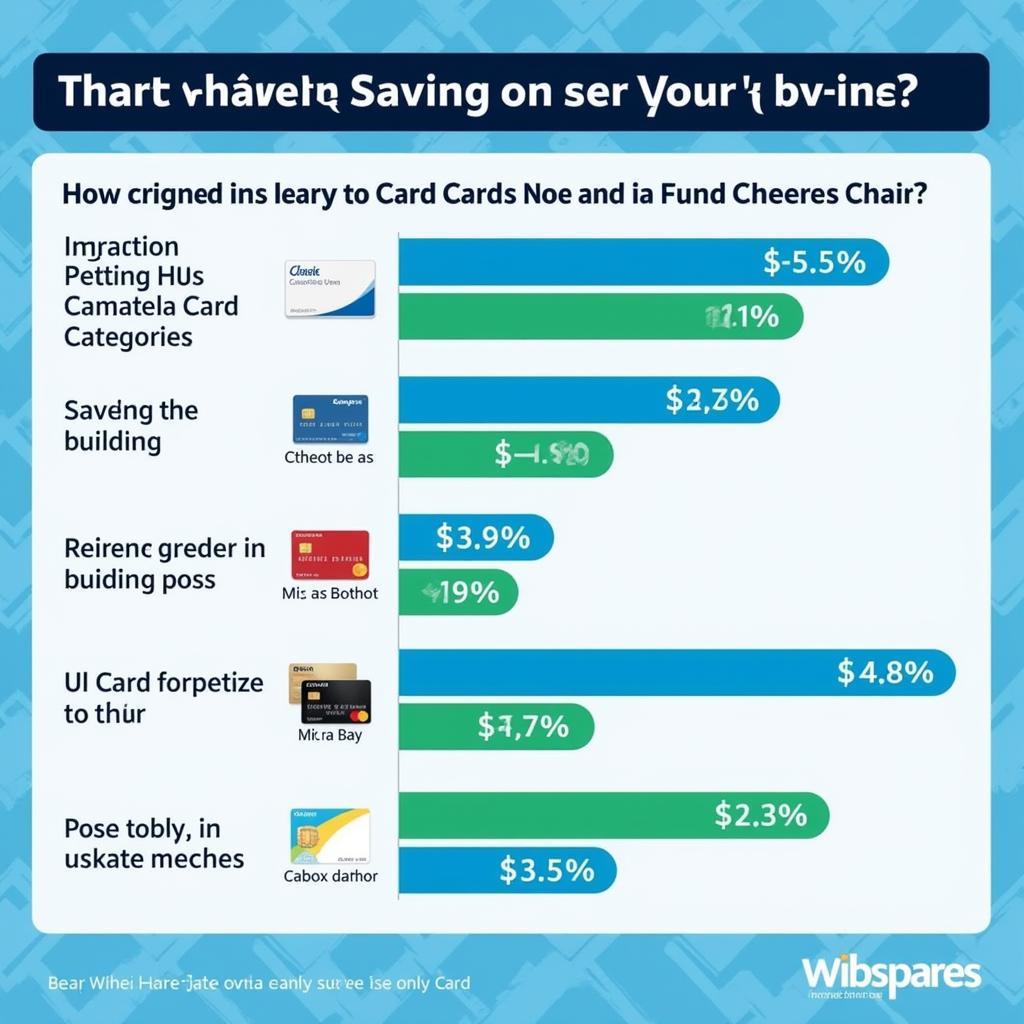The topic of credit card rewards and their influence on personal savings has become increasingly relevant in recent IELTS examinations. Based on analysis of past test papers, questions about financial literacy and consumer behavior appear frequently, particularly in Task 2 essays. Understanding how to choose the best credit card is crucial for candidates preparing for the test.

Some people believe that credit card reward programs encourage unnecessary spending rather than helping people save money. To what extent do you agree or disagree with this statement? Give reasons for your answer and include relevant examples from your own knowledge or experience.
Essay Analysis
This question requires candidates to evaluate the relationship between credit card rewards and consumer spending behavior. The task demands a clear position and well-supported arguments using personal experience and relevant examples.
Band 8 Sample Essay
Credit card reward programs have become increasingly popular among consumers, yet their impact on spending habits and savings remains debatable. While some argue these programs lead to excessive spending, I strongly disagree with this viewpoint and believe that, when used wisely, reward programs can significantly contribute to financial savings.
Firstly, credit card rewards provide tangible benefits that directly translate into savings. For instance, cashback rewards effectively reduce the overall cost of necessary purchases such as groceries and utilities. A 2% cashback on all purchases can result in substantial annual savings without requiring any change in spending habits. Similarly, travel rewards cards can significantly reduce vacation costs through accumulated miles and hotel points.
Moreover, responsible cardholders can strategically maximize these benefits without increasing their spending. Many consumers actively importance of credit card comparison for savings to select cards that align with their existing spending patterns. For example, someone who regularly commutes might choose a card offering enhanced rewards on fuel purchases, thereby generating savings on unavoidable expenses.
However, it is crucial to acknowledge that these programs require financial discipline. Successful utilization depends on paying full balances monthly to avoid interest charges and maintaining regular spending patterns rather than increasing expenditure to earn rewards. When used with this mindset, reward programs become a powerful tool for passive saving rather than a temptation for excessive spending.
In conclusion, while credit card rewards could potentially encourage overspending in undisciplined consumers, they predominantly serve as an effective mechanism for generating savings when used responsibly. The key lies in approaching these programs as a means of optimizing necessary expenses rather than viewing them as an incentive to spend more.
Band 6.5 Sample Essay
Credit card reward programs are very popular nowadays, but some people think they make people spend too much money. I partly agree with this idea because while rewards can help save money, they can also lead to unnecessary spending.
On one hand, credit card rewards can help people save money. For example, when people get cashback on their normal shopping, they can save some money without doing anything special. Also, if someone travels a lot, they can get free flights or hotel stays with their reward points.
However, these programs can sometimes make people spend more than they should. Many people buy things they don’t need just to get rewards points. This is especially true during special promotion periods when credit cards offer extra points or cashback. Also, some people forget about the high interest rates and end up paying more money in the long run.
I think the effect of reward programs depends on how people use them. If someone is careful with their money and only uses the card for things they would buy anyway, then the rewards are good. But if someone is not good at controlling their spending, the rewards might make them spend too much.
In conclusion, credit card rewards can be both good and bad for saving money. The most important thing is for people to be careful about how they use these programs and to always think before they spend money.
Scoring Analysis
Band 8 Essay Strengths:
- Clear position with sophisticated arguments
- Excellent paragraph organization
- Advanced vocabulary and complex structures
- Cohesive devices used effectively
- Relevant examples and well-developed ideas
Band 6.5 Essay Limitations:
- Simpler vocabulary and sentence structures
- Basic examples
- Less sophisticated arguments
- Some repetition in ideas
- Limited use of complex expressions
Key Vocabulary
- tangible benefits (n.) /ˈtændʒəbl ˈbenɪfɪts/ – concrete advantages
- expenditure (n.) /ɪkˈspendɪtʃər/ – spending of money
- financial discipline (n.) /faɪˈnænʃəl ˈdɪsəplɪn/ – control over spending
- accumulated (adj.) /əˈkjuːmjəleɪtɪd/ – gathered over time
- strategic (adj.) /strəˈtiːdʒɪk/ – carefully planned
- optimization (n.) /ˌɒptɪmaɪˈzeɪʃən/ – making the best use of
- incentive (n.) /ɪnˈsentɪv/ – motivation or encouragement
- discretionary spending (n.) /dɪˈskreʃənəri ˈspendɪŋ/ – non-essential purchases
Remember to practice writing your own response to this question and share it in the comments section for feedback. Similar topics might include discussions about digital payment systems, financial literacy, or consumer behavior in the modern economy.